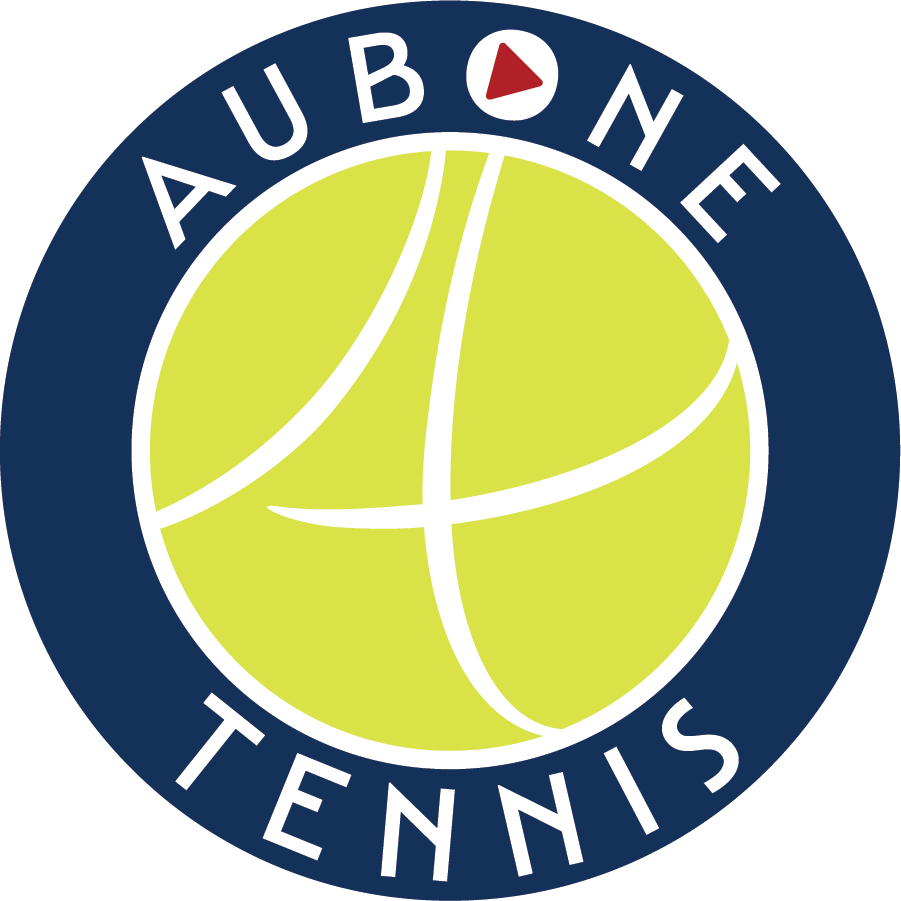3 Important Lessons I Learned in 2024
One of the most beautiful things about coaching tennis is that every year, I learn something new. The game itself doesn’t change, but every player brings a unique story, a new challenge, and an opportunity to grow as a coach and as a person.
I’ve always believed that to coach a player well, you must first coach the person. And to coach the person, you have to truly know them—who they are, where they come from, and the journey that shaped them. In 2024, thanks to the trust of many incredible families, I had the privilege to deepen this understanding and become a better coach. Here are three powerful lessons I’ll carry forward into 2025 and beyond.
A player can only be as mentally tough as they are fit.
This year, I came to a hard truth: no matter how mentally sharp a player is, their mind can only take them as far as their body allows.
For years, I emphasized the mental game—developing positive self-talk, building strong between-point routines, and reframing challenges into opportunities. But I’ve seen firsthand that even the sharpest mind can falter when the body isn’t up to the task.
When a player is slower, weaker, or less fit than their opponent, their body betrays their intentions. The shots fall short, their movements lag, and what looks like a technical issue is often just fatigue.
This year, I shifted my focus to ensure my players are physically prepared to match their mental goals. Fitness isn’t just a part of success; it’s the foundation. Positive self-talk and routines remain crucial, but physical readiness is what enables those mental tools to shine under pressure.
Developing mentally and physically tough players requires tough coaching.
Building mental and physical toughness is the hardest—and most necessary—part of coaching. It’s also the most exhausting.
Kids don’t naturally push themselves to their limits. Their instinct, rooted in thousands of years of evolution, is to conserve energy once they feel tired. But excellence demands more. It requires effort when the tank feels empty and a refusal to settle for "good enough."
Teaching this kind of work ethic isn’t easy. It means being the “bad guy” sometimes—pushing athletes beyond what they think they can do, challenging their definition of hard work, and holding them to a higher standard than they might set for themselves.
It’s not always fun. There’s resistance, frustration, and moments where the coach-player relationship feels strained. But without this friction, there’s no growth. Athletes don’t develop grit by staying comfortable. They build it by embracing discomfort and discovering they’re capable of more than they thought possible.
Nerves aren’t the enemy. Stop giving them power.
When you talk about a problem too often, you make the problem bigger.
For too long, I spent valuable time addressing nerves. In trying to help players calm down, I spent too much time asking them why they were nervous, trying to bring them healthy perspective, and help them relax.
The truth is, nerves are inevitable when you care about something deeply. They’re a sign that what you’re doing matters. But dwelling on them only amplifies the problem.
This year, I shifted my approach. Instead of trying to help players “fix” their nerves, I focused on helping them trust their preparation. Acknowledge the nerves briefly, then move on. The goal isn’t to eliminate them but to play well despite them.
We still talk about relaxation techniques but redirect a lot of that energy to where it matters—training the right way, having clear strategies during important points, thinking less, and being incredibly fit. When players are fit, prepared, and don’t overthink, they can grind through nervous moments, and win matches playing ugly tennis.
—————————————
The hardest part of learning these lessons is knowing I could have served my players better if I’d learned them sooner. But that’s the nature of growth—we don’t know what we don’t know until experience teaches us.I look forward to another year of coaching in 2025 and another year of learning.
UPCOMING WEBINAR
$50 $35 if you register before January 1st!
-
Webinar: Unlocking Hidden Potential in Junior Tennis
🎾 Date: Sunday, January 5, 2025
🕡 Time: 6:30 PM EST
⏳ Length: 1 Hour (with a Live Q&A!)
💻 Where: Live on ZoomAre you tired of seeing your player dominate in practice, only to struggle when it counts? Do mental blocks and the stress of UTR/WTN rankings feel overwhelming? It doesn’t have to be this way!
Join me for a game-changing webinar designed to help players and parents conquer the mental side of tennis.
Here’s what you’ll learn:
🏅 Why players play better in practice & how to fix it – Understand why players are different in practice and how to translate practice success into match victories.
💪 Removing mental blocks & building mental toughness – Learn how to remove mental blocks and position yourself to be in a more confident and resilient state of mind under pressure.
📊 Managing the stress of UTR/WTN rankings – Get tips to keep these ratings in perspective and focus on long-term development.
Bonus:
Stick around for a live Q&A session to get your questions answered directly by a seasoned tennis expert!
🚀 Submit your questions early here and secure personalized advice during the webinar.🎥 Can’t make it live? No problem! All registrants will receive a recording of the session.
Don’t miss this opportunity to gain insights that can transform your tennis journey.
👉 Register now and take the a big step toward becoming mentally tougher on and off the court.
💵 Looking for a discount?! Register before January 1st to receive a 30% discount!
💵 Looking for another one?! Aubone Tennis subscribers can enter the following code for an additional 10% (USE ALL CAPS WHEN ENTERING CODE): UNLOCKINGWEBINAR

